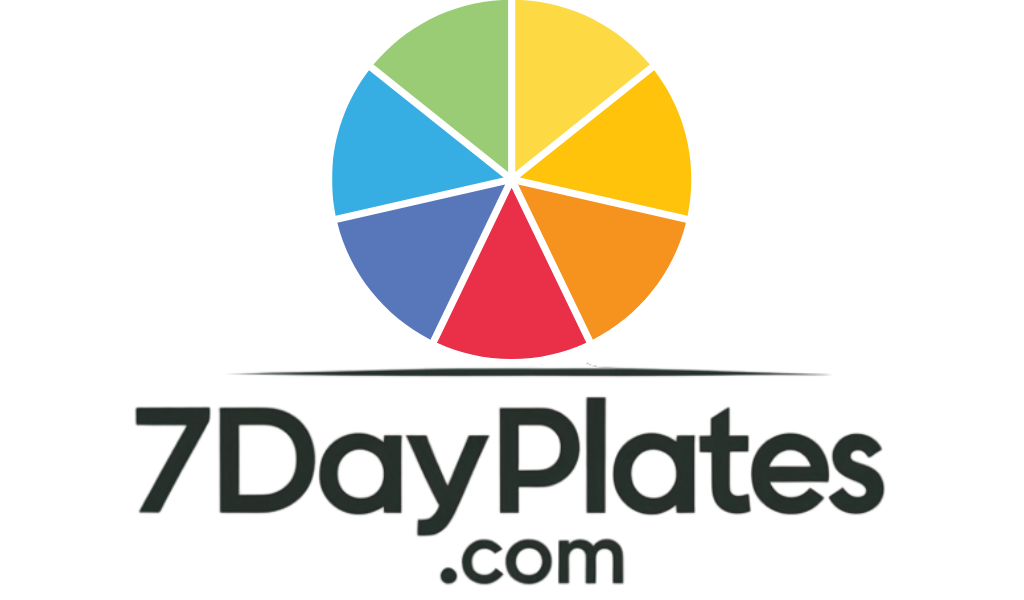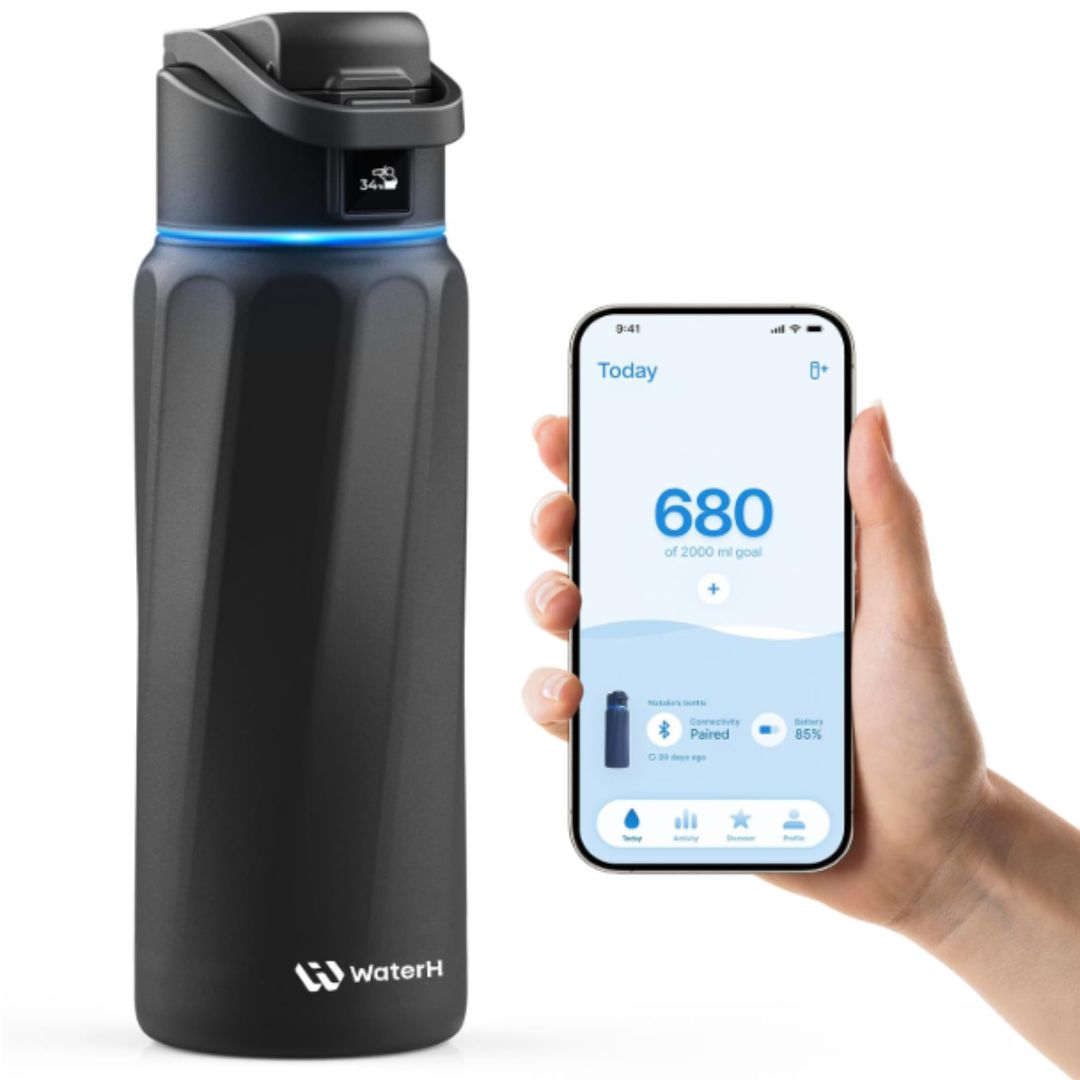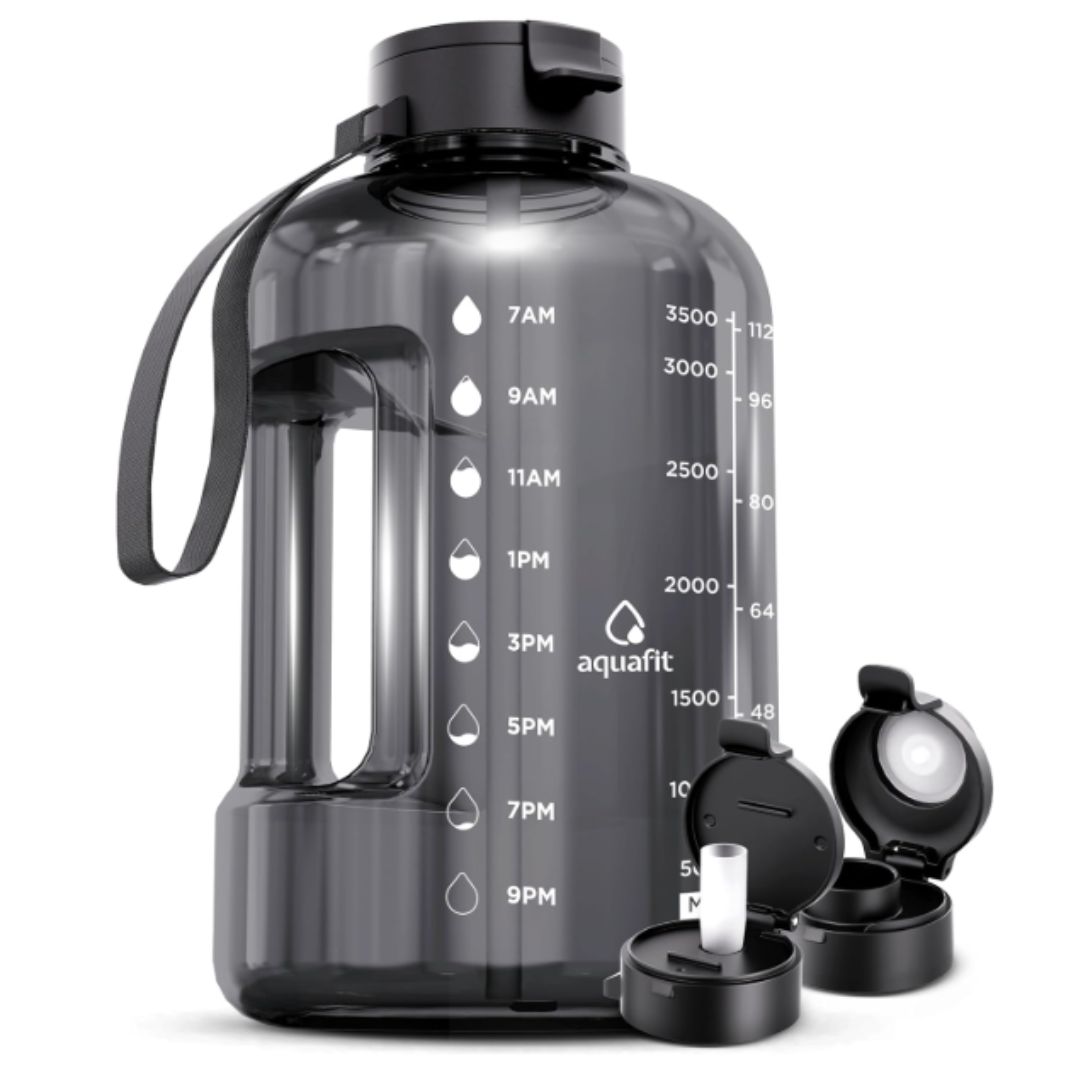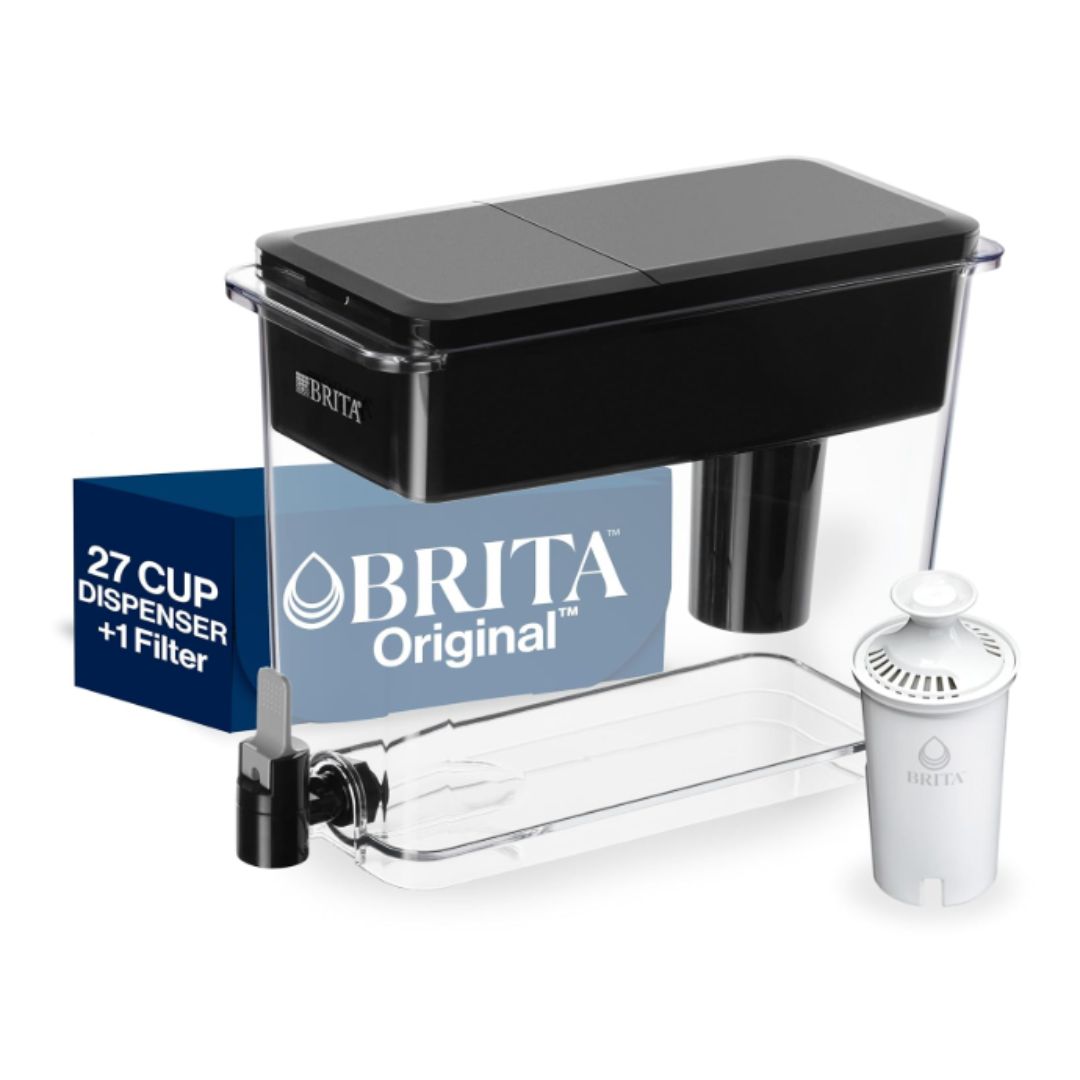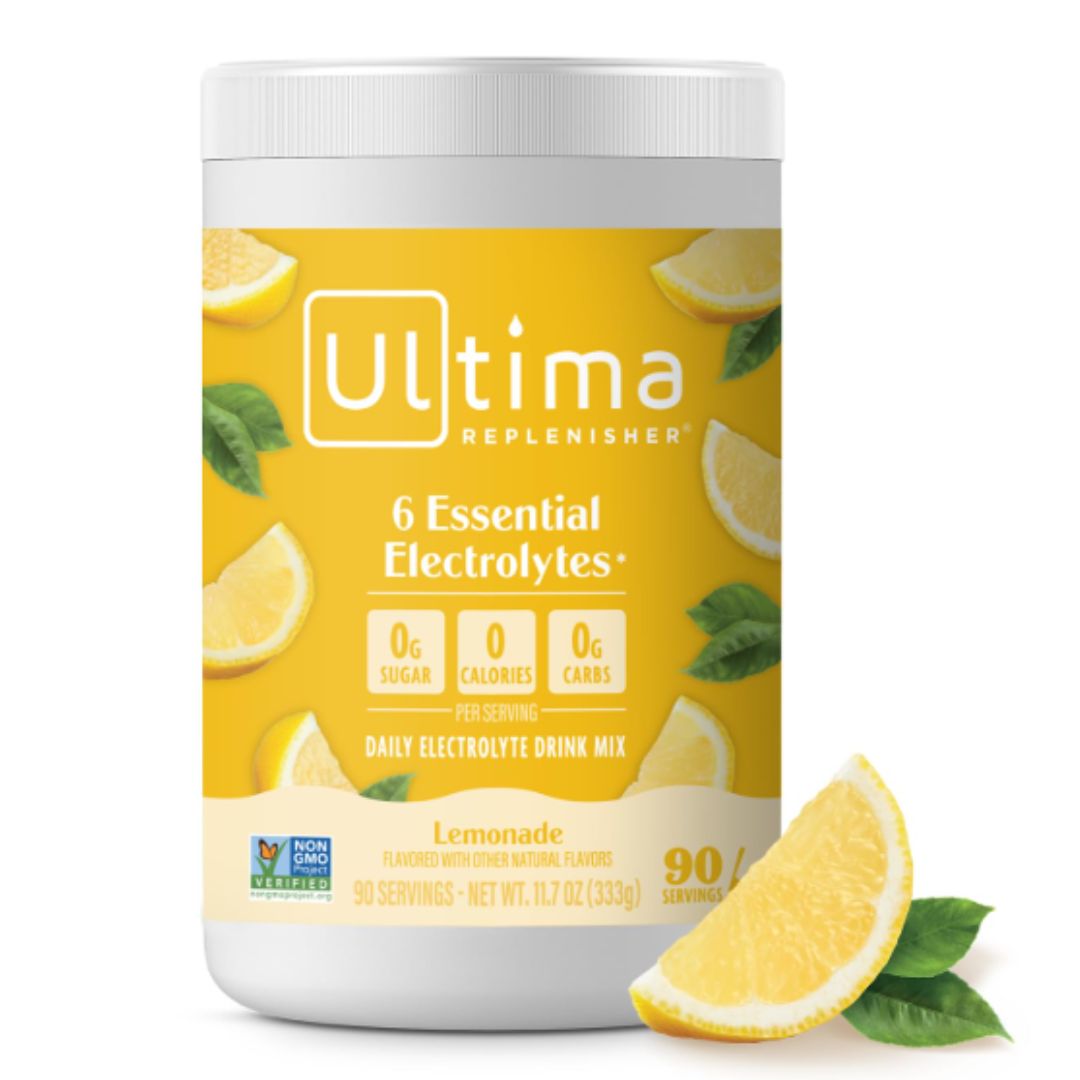Water Intake Calculator
Calculate your daily water needs for optimal hydration
Minimal exercise
1-3 days/week
3-5 days/week
6-7 days/week
Hydration Tips
- Start your day with a glass of water
- Drink water before, during, and after exercise
- Keep a water bottle with you throughout the day
- Eat water-rich foods like fruits and vegetables
- Monitor your urine color – pale yellow is ideal
Free Water Intake Calculator Based on Weight, Age & Activity Level
Our free water intake calculator determines your optimal daily water needs based on weight, age, and activity level. Whether you’re in Canada, UK, Australia, or India, this calculator provides personalized hydration recommendations for optimal health.
Base Formula
Daily Water Intake = Body Weight (kg) × 35ml
This baseline formula comes from the European Food Safety Authority (EFSA) recommendations for adequate water intake.
Adjustment Factors
🏃♂️ Activity Level
- Sedentary: No adjustment (1.0x)
- Light Active: +20% more water (1.2x)
- Moderately Active: +40% more water (1.4x)
- Very Active: +60% more water (1.6x)
🌡️ Climate Conditions
- Moderate Climate: Standard calculation
- Hot/Humid: +30% more water
- Cold Climate: -10% (reduced sweating)
👥 Age & Gender
- Under 18: +10% (higher metabolic rate)
- Over 65: +15% (reduced thirst sensation)
- Women: Slightly lower baseline (-5%)
Why Proper Hydration Matters for Your Health
Maintaining optimal hydration is crucial for virtually every bodily function. Here’s why getting your daily water intake right makes such a significant difference:
Cognitive Performance
Even mild dehydration (2% of body weight) can impair concentration, alertness, and short-term memory. Proper hydration keeps your brain functioning optimally.
Physical Performance
Dehydration reduces endurance, increases fatigue, and makes exercise feel harder. Athletes can lose 6-10% of their performance with just 2-3% dehydration.
Temperature Regulation
Water helps regulate body temperature through sweating and respiration. Proper hydration prevents overheating during exercise and hot weather.
Cardiovascular Health
Adequate hydration maintains blood volume, reducing strain on your heart and helping maintain healthy blood pressure levels.
Nutrient Transport
Water carries nutrients to cells and removes waste products. It’s essential for digestion, absorption, and cellular metabolism.
Skin Health
Proper hydration maintains skin elasticity, promotes healing, and gives you a healthy, glowing complexion.
Key Factors That Influence Your Daily Water Requirements
While our calculator accounts for the major factors, it’s important to understand what affects your hydration needs:
🏋️♀️ Exercise Intensity & Duration
You lose 1-3 liters of water per hour during intense exercise. Add 500-750ml of water for every hour of moderate exercise, and more for high-intensity workouts.
🌡️ Environmental Conditions
Hot, humid weather increases sweat rate significantly. High altitudes (above 8,000 feet) also increase fluid needs due to faster breathing and increased urination.
🤒 Health Conditions
Fever, vomiting, diarrhea, and certain medications increase fluid needs. Some medical conditions require adjusted intake – consult your healthcare provider.
🤱 Pregnancy & Breastfeeding
Pregnant women need about 300ml extra daily, while breastfeeding mothers need approximately 700ml additional water per day.
Practical Tips to Meet Your Daily Hydration Goals
Knowing your target is just the first step. Here are proven strategies to consistently meet your daily water intake goals:
⏰ Timing Strategies
- Start your day with water: Drink 16-20oz upon waking to rehydrate after sleep
- Pre-meal hydration: Drink a glass 30 minutes before meals
- Exercise hydration: 16-20oz 2-3 hours before, 6-12oz every 15-20 minutes during
- Evening wind-down: Stop 2 hours before bed to avoid sleep disruption
🥤 Smart Hydration Hacks
- Flavor naturally: Add lemon, cucumber, or mint to plain water
- Temperature preference: Cold water is absorbed faster; room temperature for easier drinking
- Visual reminders: Keep a marked water bottle to track progress
- Technology help: Use hydration apps or smart water bottles
🍉 Water-Rich Foods
About 20% of your fluid intake comes from food. Include these hydrating options:
- Fruits: Watermelon (92%), oranges (87%), berries (85-90%)
- Vegetables: Cucumber (95%), lettuce (94%), tomatoes (94%)
- Other options: Soups, smoothies, herbal teas count toward intake
How to Monitor Your Hydration Status
Learn to recognize the signs of proper hydration and when you need to drink more water:
✅ Signs of Good Hydration
- Pale yellow urine (like lemonade)
- Urinating every 3-4 hours
- Minimal thirst sensation
- Moist lips and mouth
- Good energy levels
- Elastic skin (pinch test returns quickly)
⚠️ Early Dehydration Signs
- Dark yellow urine
- Feeling thirsty
- Dry mouth or lips
- Mild headache
- Decreased energy
- Less frequent urination
Enhance your hydration journey with these carefully selected tools that complement our water intake calculator:
Frequently Asked Questions About Water Intake
Can you drink too much water?
Yes, drinking excessive amounts of water can lead to water intoxication or hyponatremia (low sodium levels). This typically occurs when consuming more than 3-4 liters in a short period. Our calculator provides safe, evidence-based recommendations.
How much water should I drink based on my weight?
The general formula is 35ml per kg of body weight daily. For example, a 70kg person needs about 2.5 liters of water per day. Our calculator adjusts this based on your activity level and climate.
Does age affect my daily water intake requirements?
Yes, older adults (65+) need about 15% more water due to reduced thirst sensation, while younger people under 18 need 10% more due to higher metabolic rates. Our calculator automatically adjusts for age.
Is there a water intake calculator app I can use?
Our online water intake calculator works on any device and doesn’t require downloading an app. Simply bookmark this page and use it anytime to calculate your daily water needs.
Do other beverages count toward my daily water intake?
Yes, all fluids contribute to hydration including tea, coffee, milk, and juice. However, water is the best choice as it’s calorie-free and doesn’t contain caffeine or sugar that might affect hydration.
How accurate is this water intake calculator?
Our calculator uses formulas recommended by health organizations like the EFSA and accounts for individual factors. While it provides excellent guidance for most people, individual needs may vary based on specific health conditions or medications.
Water Intake Calculator for Different Countries
Our calculator works worldwide with different measurement systems:
🇨🇦 Water Intake Calculator Canada
Health Canada recommends 2.7L for women and 3.7L for men daily. Our calculator uses metric measurements (kg/liters) standard in Canada.
🇬🇧 Water Intake Calculator UK
NHS guidelines align with our calculator’s recommendations. Works with both metric and imperial measurements for UK users.
🇦🇺 Water Intake Calculator Australia
Australian health guidelines recommend similar amounts. Our calculator accounts for Australia’s hot climate with climate adjustments.
🇮🇳 Water Intake Calculator India
Perfect for India’s diverse climate zones. Automatically adjusts for hot/humid conditions common across India.
Scientific References
- European Food Safety Authority. (2010). Scientific Opinion on Dietary Reference Values for Water. EFSA Journal, 8(3), 1459.
- Institute of Medicine. (2005). Dietary Reference Intakes for Water, Potassium, Sodium, Chloride, and Sulfate. Washington, DC: The National Academies Press.
- American College of Sports Medicine. (2007). Exercise and Fluid Replacement Position Stand. Medicine & Science in Sports & Exercise, 39(2), 377-390.
- Ganio, M. S., et al. (2011). Mild dehydration impairs cognitive performance and mood of men. British Journal of Nutrition, 106(10), 1535-1543.
